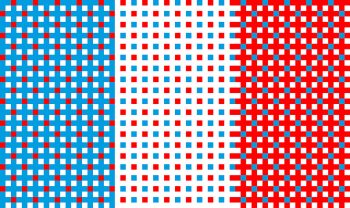Tag Archives: transparent language
Le jour le plus froid au monde (The Coldest Day in the World) Posted by Hichem on Feb 3, 2014
Today’s post tells l’histoire (the story) of Little Jack, a boy born in l’Écosse (Scotland) on what is said to have been le jour le plus froid du monde (the coldest day in the world), nearly a century and a half ago. On that fateful day, baby Little Jack had his cœur gelé (heart frozen.) A mysterious midwife, called Docteur Madeleine, carefully replaced his heart with…
French Phrases as Space and Time Adverbs Posted by Hichem on Mar 21, 2013
In French, like in any other language, the goal of adverbs is always the same: To modify la signification (the meaning) of words, phrases, and sentences. Let’s take this example: Le scénario de ce film est magnifiquement écrit. (The plot of this movie is magnificently written.) Here the adverb magnifiquement is a word, and it serves to modify the adjective écrit. * * * In…
Foxy and Frenchy! Posted by Hichem on Jan 15, 2013
Today, mes amis, you have some French homework to do. But no worries, it’s going to be FUN! Your assignment is to to translate into English the following words extracted from the theme of the 100% classic French cartoon “Moi, Renart“: The easy terms are: Poche Cœur Menteur Gentil Lunettes Assiette Chaussettes Voisin The ones a…
How to Understand French Pronominal Verbs Posted by Hichem on Sep 27, 2012
Les verbes pronominaux are usually easily recognizable: They are accompanied by a pronoun which agrees with the subject. These pronouns can be: me te se nous vous For example, take the verb se nourrir, which is another way to say manger (to eat), similar to the English verb to nourish, to feed (oneself.) You would say…
Top 100 French Verbs Posted by Hichem on May 26, 2011
C’est vrai, on n’a pas trop le choix (it’s true, one doesn’t have much choice): Memorizing de nouveaux verbes (new verbs) is absolutely essential to learn, and ultimately master, la langue française. But the one question that often challenges the new students is always the same: “Par où doit-on commencer?” (“Where should one start from?”) One way to…







